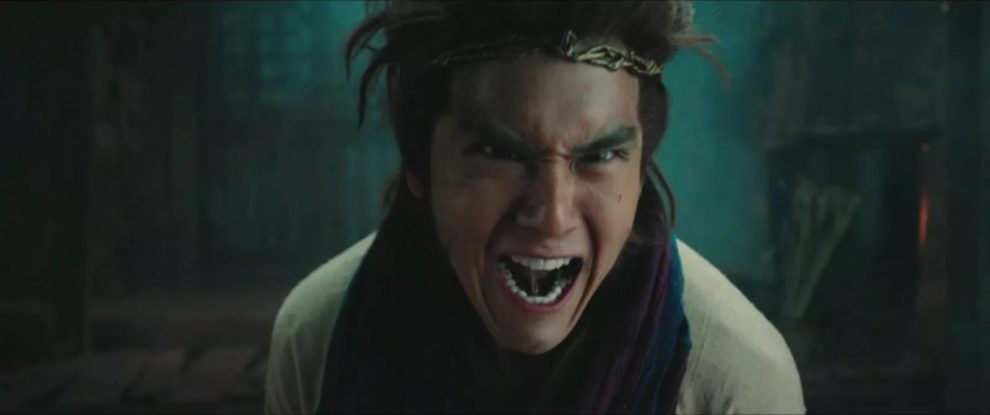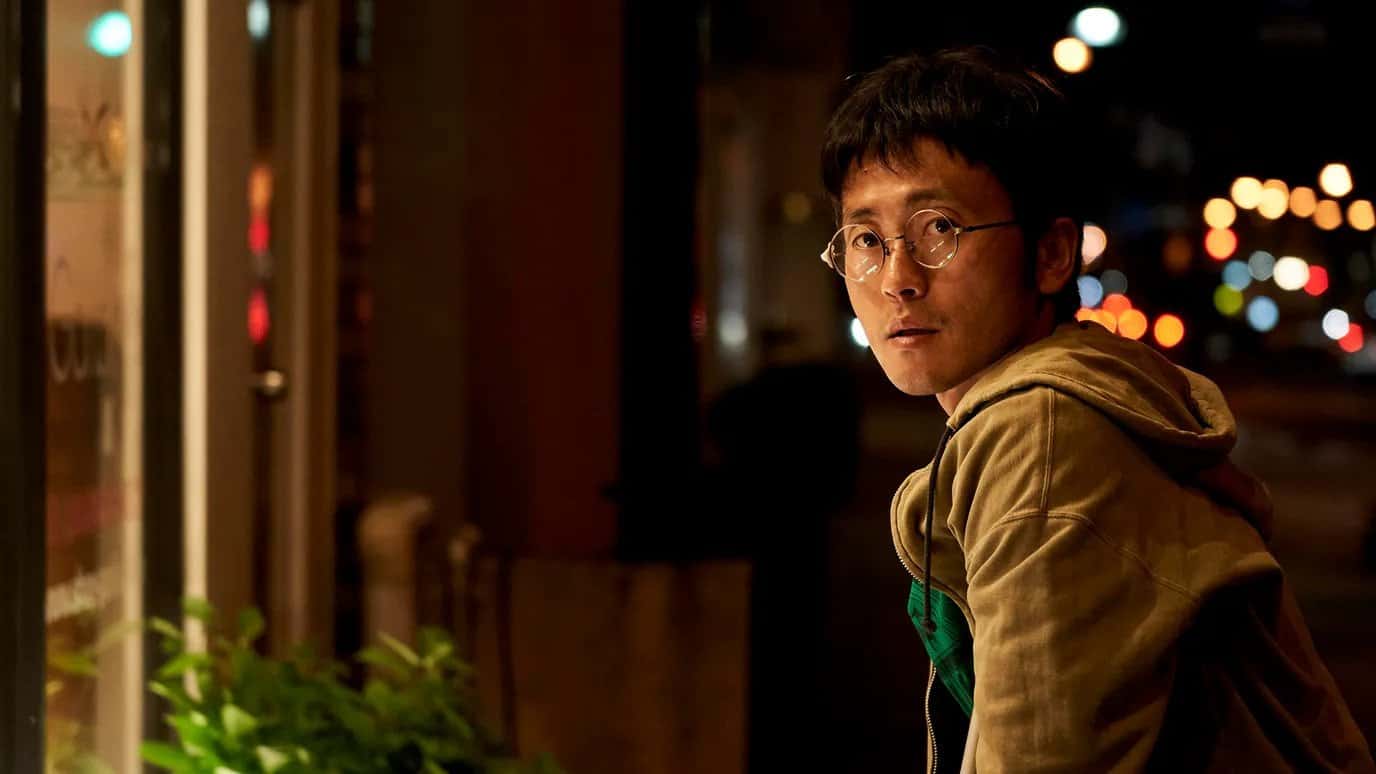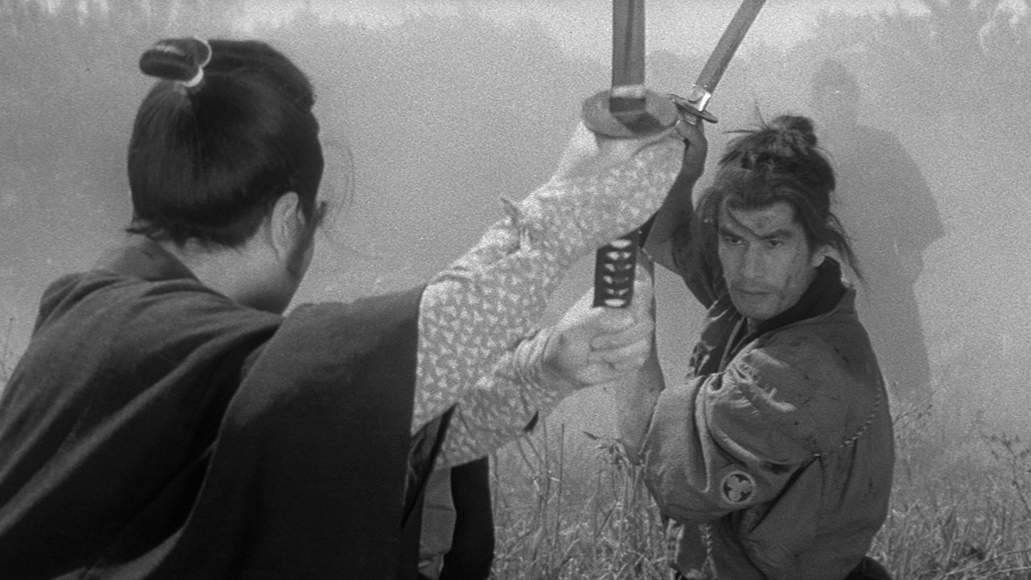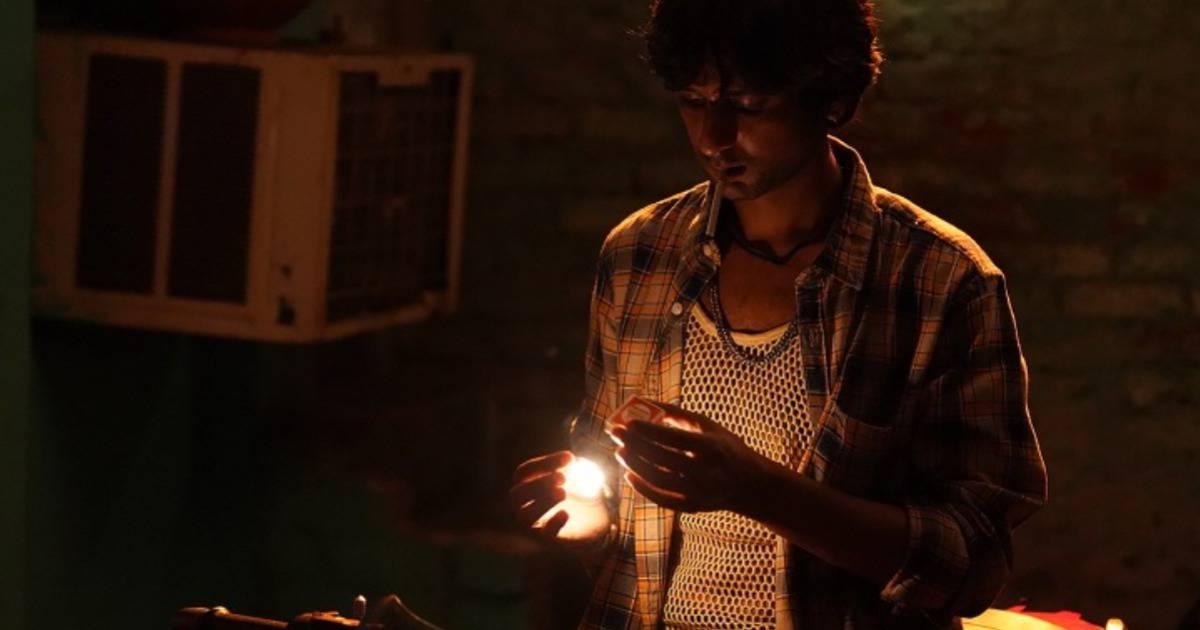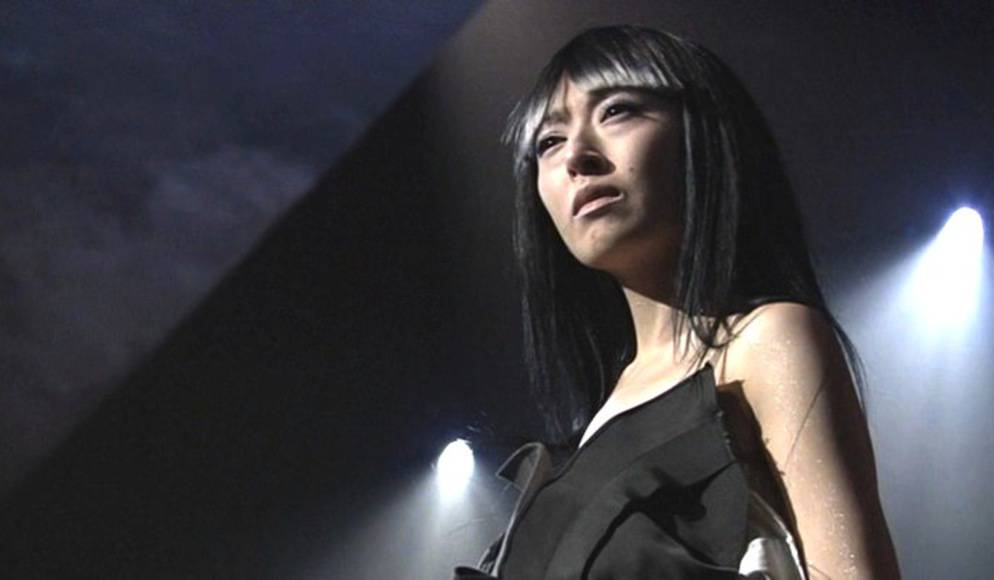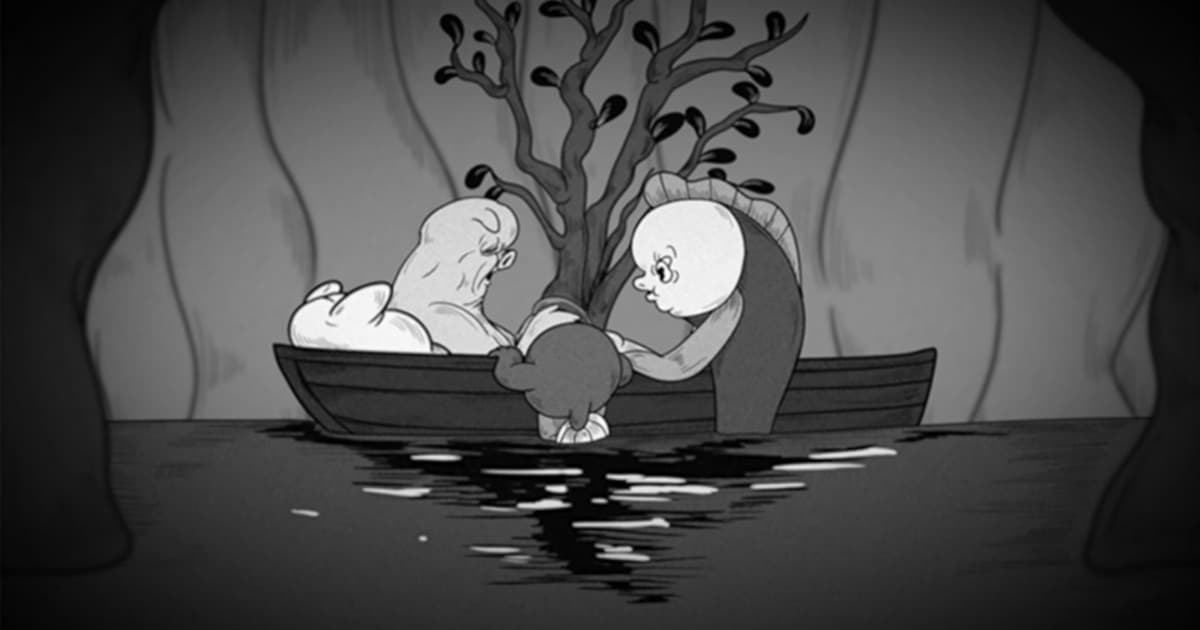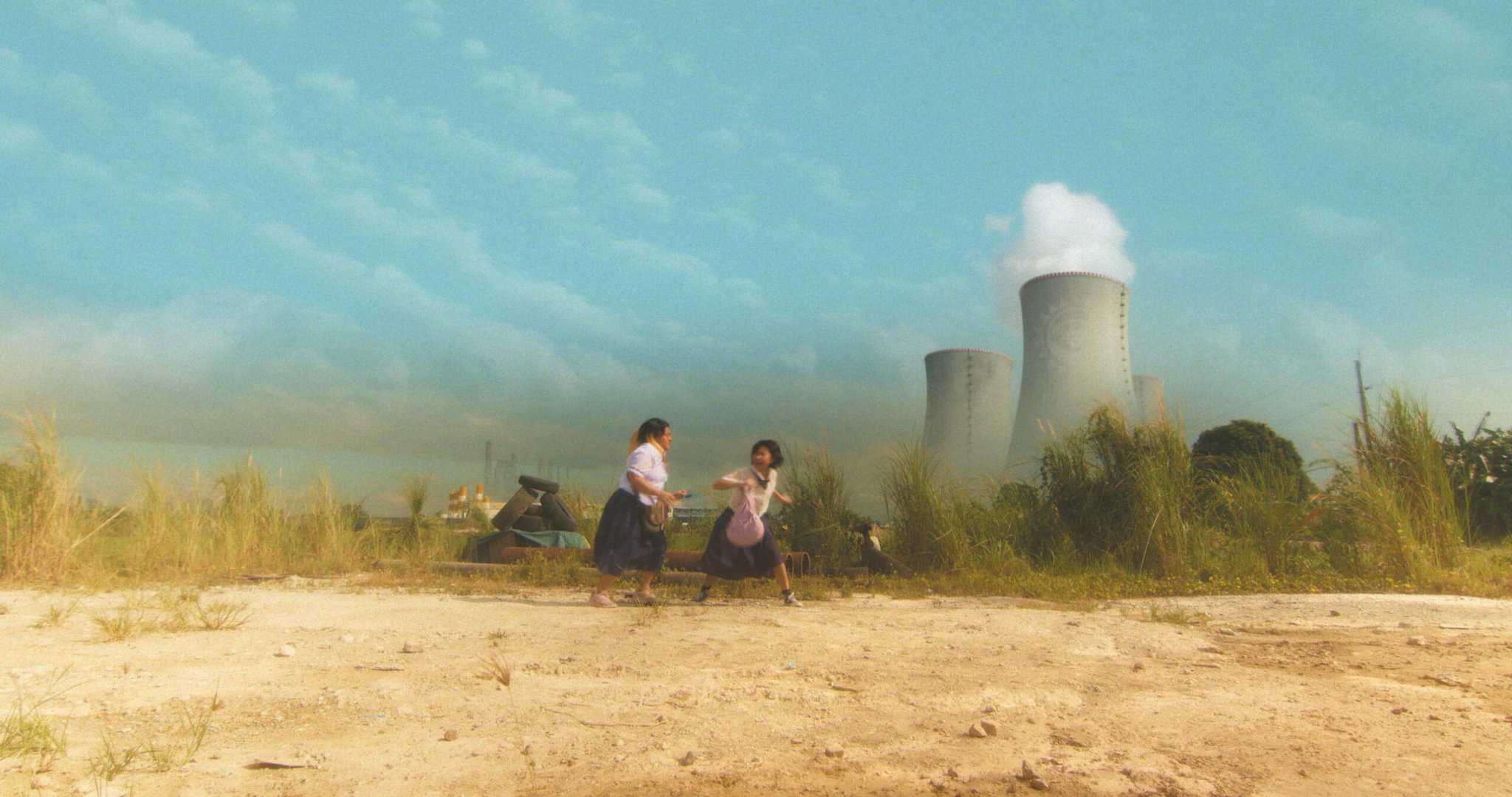Based on the smashing Jin Hezai's web novel Wukong Biography, “Wu Kong” introduces to the public a young and romantic Sun Wu kong, the popular Chinese hero best known as Monkey King.
Buy This Title
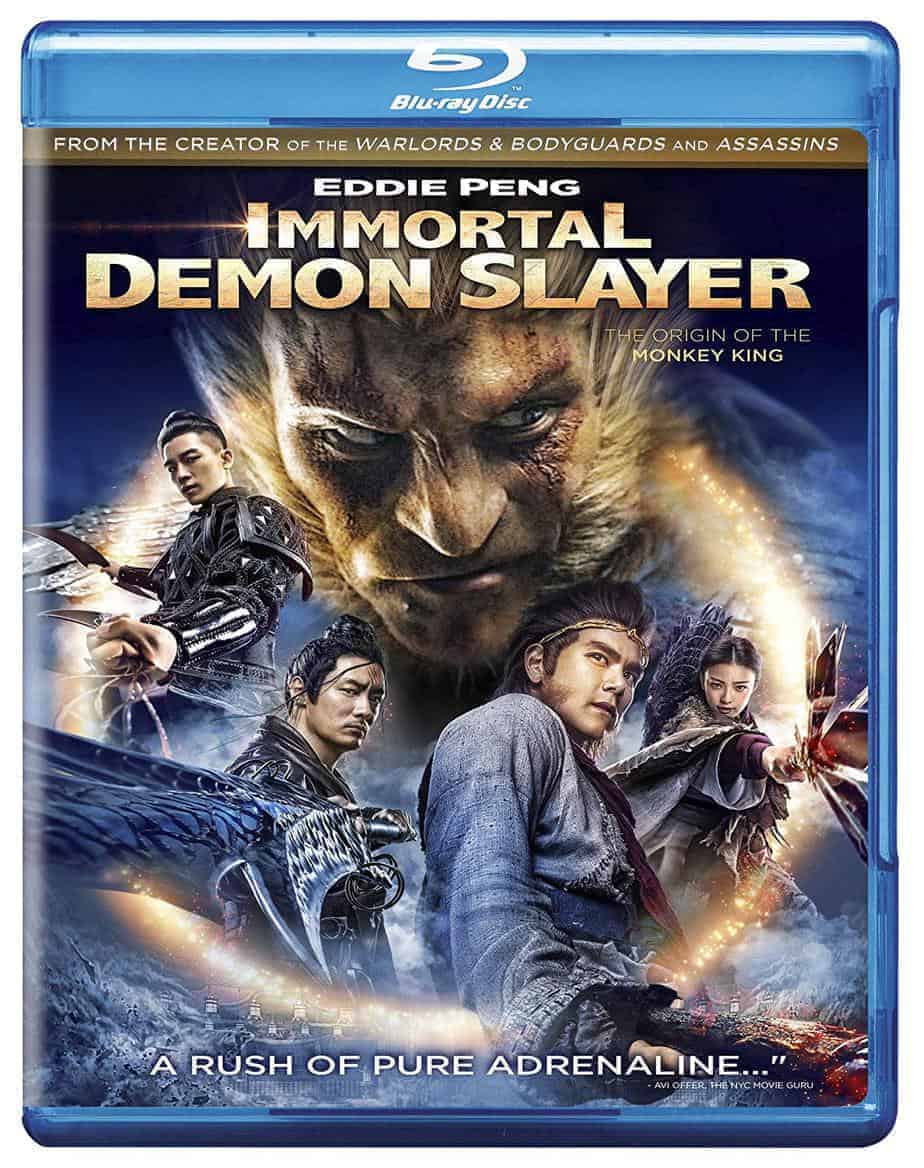
This umpteenth version, released in China in July 2017 and directed by Derek Kwok (who had also co-directed with Stephen Chow “Journey to the West: Conquering the Demons” in 2013) follows numerous previous adaptations, spanning from movies to TV series and video games but this time its purpose – as it seems – is to appeal to younger audiences. As a matter of fact, the movie is intended as a prologue of the Ming dynasty novel “Journey to the West” and narrates the adventures of a young Monkey King and the capers that made him the hero-on-a-mission we all know and love. Or at least it tries …
At the beginning of the movie, a long descriptive graphic prologue introduces the hero and the motives behind his thirst for revenge. Peaceful Mount Huaguo, his home, has been in fact burned down to ashes by the Heavenly Kingdom in an attempt to destroy the Pure Evil residing inside the Monkey. 300 years later, his rage against the gods hasn't cooled off and Sun Wukong (Eddie Peng) shows up in the Heavenly Kingdom, determined to ravage the machine that predetermines everybody's fate, the Destiny Astrolabe, operated by his enemy, goddess Hua Ji (Faye Yu). There he will confront the beautiful Azi (Ni Ni), daughter of Hua Ji, and other two immortals, Erlangshen (Shawn Yue) and Tianpeng (Oho Ou). Teasing each other and fighting like impulsive cubs they all fall on hearth, on the impoverished and gloom Mount Huaguo, where they will eventually team up to help humans to fight off an evil cloud demon. But the terrestrial interlude gets to a harsh end when Hua Ji descends on hearth to remind them with grisly manners that they cannot escape their preordained fate.
The narration follows a tripartite structure that closely recalls the human life early stages. In the first part, the characters are full of youthful and untamed stamina, and unable to control themselves, in the second more engaging and enjoyable part, they learn to accept each other's merits and limits and to work together, sharing feelings of gratitude, love and empathy. Finally in the third stage, they will be painfully forced to choose their roles and the responsibilities that come with them.
This structure, together with the young and beautiful protagonists, a touch of cheesy TV-series-style romance and a cute dog thrown in as a bonus, are some of the reasons why the movie might resonate well with younger audiences and therefore serve the original purpose. But one can't stop pondering about the necessity of this prequel.
Being the plot so removed from the original legend, allows for some extra freedom of action and a sort of carefree attitude towards the original source material. This detachment could have been used to build up a strong background profile of the popular hero or to create recognisable links with his more popular adult version, but in reality, the script fails to create any of them.
Taiwanese heartthrob Eddie Peng in the titular role is the fourth Monkey King in only a handful of years, following Huang Bo in “Journey To The West” (2013), Donnie Yen in “The Monkey King” (2014), Aaron Kwok in “The Monkey King 2” (2016), and he indeed injects into the character a healthy dose of youthfulness and vigour. Nevertheless, despite the excellent acting and fighting skills, his young Monkey doesn't really have much to add to his predecessors, and the talented actor feels a bit under-used and also just not very funny in the comedy bits. In a way, Shawn Yue is more incisive in the role of Erlangshen, infusing his dark and troubled personality with gravitas and a touch of solemnity.
Not surprisingly, the rebellion against the Destiny Astrolabe and Wukong's fight in the name of free will has been read by some as an allegory of Hong Kong / China relationship. It is an easy guess but it doesn't feel as assertive as it could be, and the message gets lost in a fantasy and CGI extravaganza. On the good side, “Wu Kong” displays some impeccably executed special effects and the movie relies strongly on them, especially in the action and fights scenes, all rather enjoyable.
To conclude, “Wu Kong” is an entertaining popcorn movie that will probably please young audiences (more than die-hard Monkey King fans), but can leave an aftertaste of those unnecessary prequels we see a bit too often these days.


